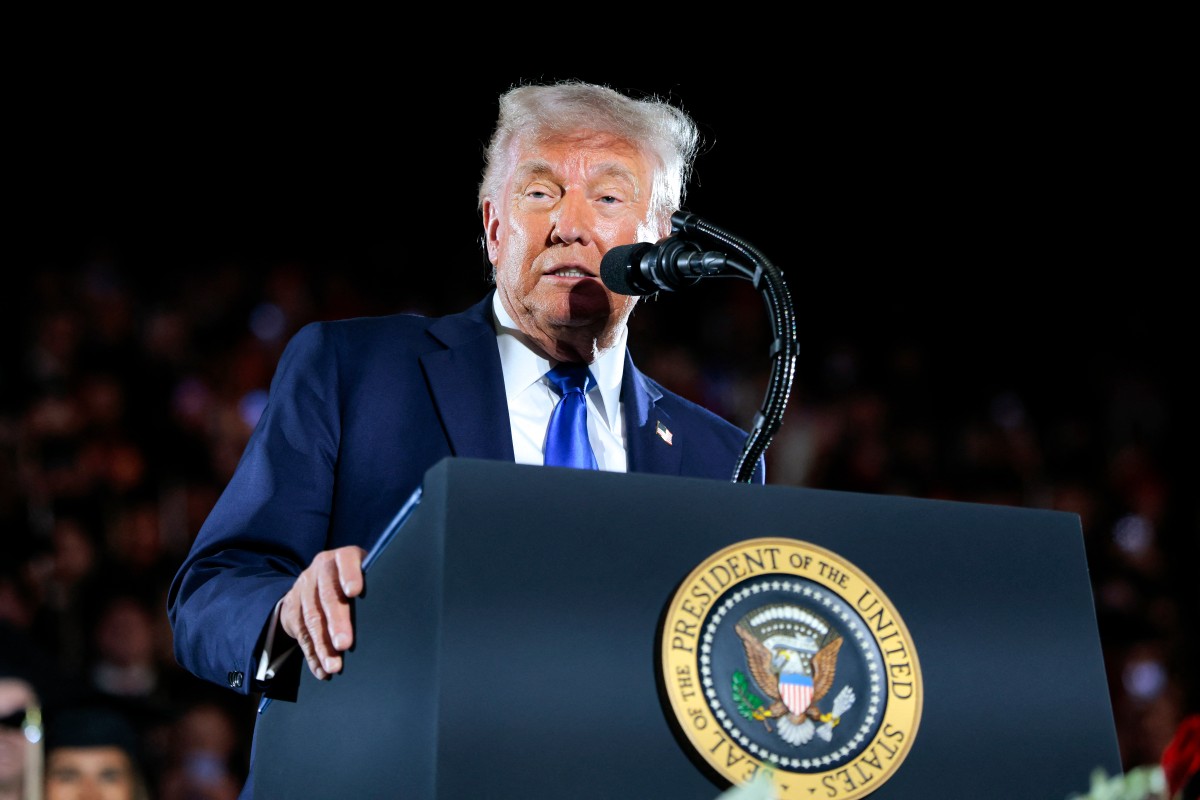
It is doubtful whether for now, President Muhammadu Buhari and his party man, the Turaki would be on the same page on this restructuring issue which the former Vice President threw to the Nigerian people recently at a well-attended book launch in Abuja. However, this writer believes like many Nigerians that President Buhari’s deep concern for a corruption free and transparent Nigeria and for economic diversification puts him and the Turaki, on the same page.
This is so because the aim of restructuring is to make the nation more efficient, more productive, and better governed in such a way that no tier of government takes more than it can handle efficiently for the general good of the people. Interestingly also, the ruling All Progressives Congress (APC) party to which both of them belong is not opposed to restructuring bearing in mind that the party manifesto referred to the issue.
Atiku spoke the other day in Kaduna on the topic, ‘Restructuring Nigeria for Greater National Integration and Democratic Stability’ at a lecture in honour of the late General Hassan Usman Katsina of blessed memory. Turaki’s paper was well received by many in the distinguished audience while most who in the past would have shouted blue murder at the mention of restructuring which to them means disintegration, stayed glued to their seats.
A friend who was at the event opined that the calm and reflective reception of the restructuring message by those present could to a large extent be attributed to the realities unfolded about the country by Buhari, and the stark realities of the sorry state of finance and governance in most of the 36 states of the federation, many of which can no longer pay workers’ salaries! The question then arises whether it is reasonable to hold on to a 36-state federal structure when most of the states exist for the simple reason that they do not render much service to their people on account of dwindling revenue.
Even the ghost of that eminent statesman, Hassan Usman Katsina in whose honour the lecture was held would cringe at what has become of his beloved Northern Nigeria that made enviable strides in development with an economy based on agriculture to what obtains today where the spectacular groundnut pyramids found in many parts of North with Kano as epicenter has all but disappeared!
The constituent parts of the federation for good measure, may cease to be the present 36 states which were not originally the federating parts of the nation. Though the elite of the various states and their representatives might kick at the prospect of losing their power bases if restructuring were to take place. However, the prevailing situation where many states cannot pay workers’ salaries nor embark on the provision of social amenities and infrastructure and employment for their growing populations portend a great danger to the survival of the coveted centres of power.
The call for restructuring demands fast thinking on the part of the elite. States might need to come together to be able to provide the expertise, financial muscle and competence to extract their natural resources and control their destiny. The spoon-feeding by the central government as one can see now is undependable and in lean times, can lead to the collapse of governance.
Another issue which restructuring will address for the good of the nation which will enhance national unity, stability and security is the struggle for power at the centre. When geo-political zones become constituent parts of the federation with viable economic activities under their control while paying taxes and royalties to the central government, the desire to be President and the power of a President to control the lives of everyone would be reduced.
The situation would now arise where before a President takes or contemplates critical decisions, he would consult with and seek the support of the Premiers or Governors’ of the constituent parts. As time goes on, devolution would have so relaxed the minds of the citizenry that there may be no need in the long run for the criminally-expensive national elections organised by INEC that leads to the emergence of rapacious characters as leaders.
Therefore, the call by the Turaki and other prominent Nigerians is a call for a better nation. Restructuring has many ramifications and it is only when a majority of Nigerians understand it and buy into it that the decision would emerge through consensus. Okoroma is a Public Affairs analyst from Abuja.





